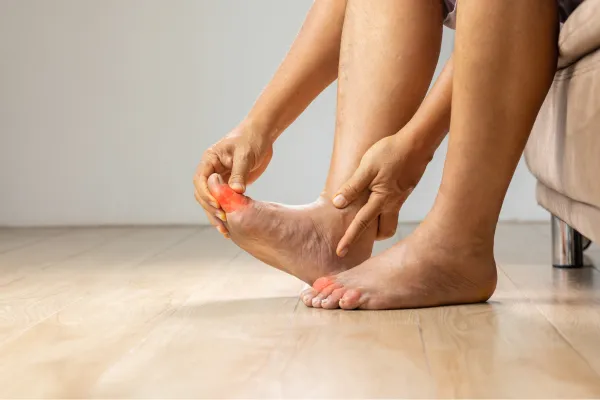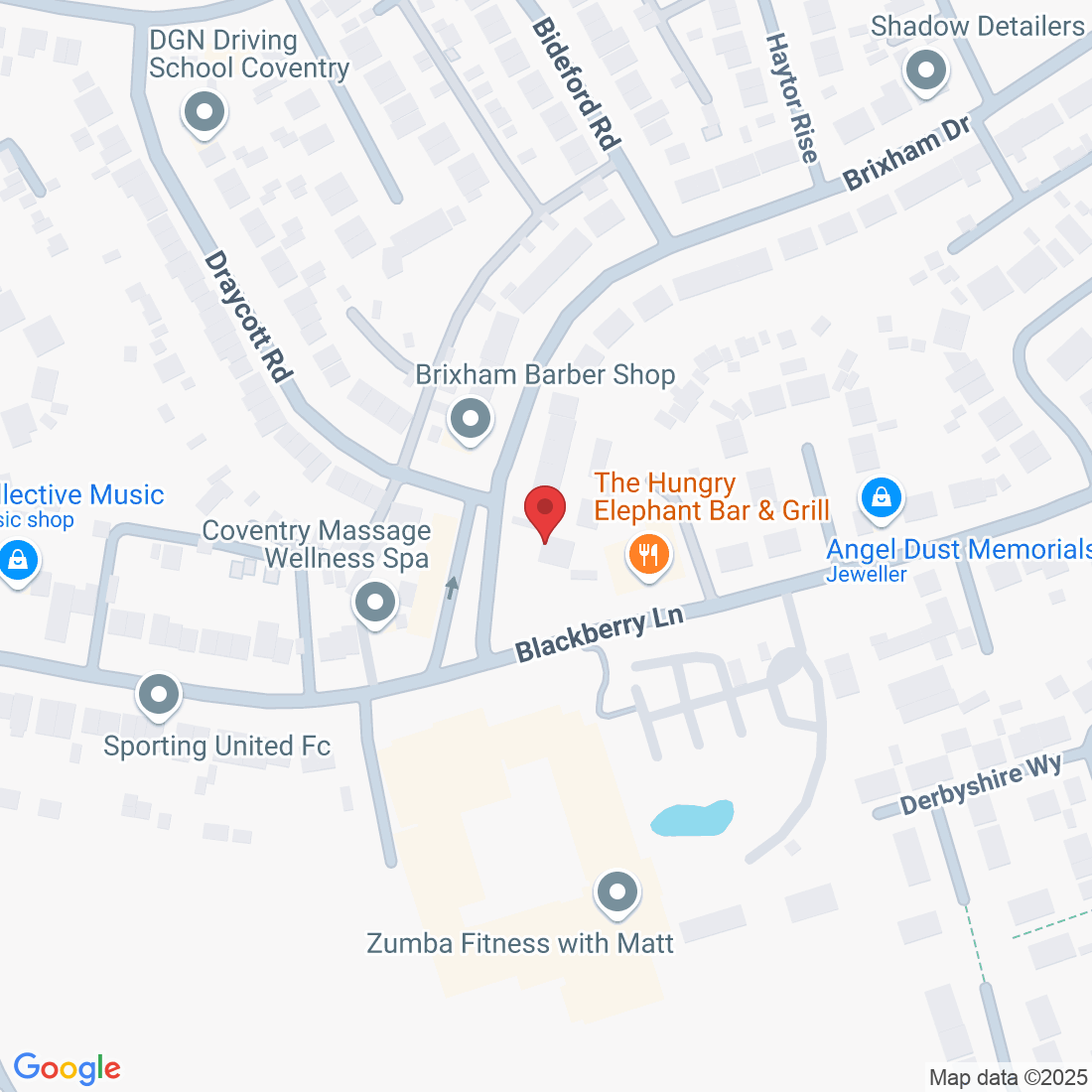
Why Do My Feet Burn at Night? Understanding Peripheral Neuropathy
Have you ever found yourself lying in bed, just trying to relax, when suddenly your feet feel like they’re on fire? Maybe it’s more of a tingling or stabbing feeling, like pins and needles that just won’t go away. If this sounds familiar, you might be experiencing something called peripheral neuropathy.
Let’s break it down in a simple way – and talk about how to get some relief.
What Is Peripheral Neuropathy?
Peripheral neuropathy is a condition where the nerves in your feet (or hands) get damaged and don’t work properly. These nerves are like electrical wires that send messages from your brain to the rest of your body. When they’re damaged, those messages get scrambled—and that’s when things start to feel off.
Instead of feeling normal pressure or temperature, your nerves might fire off signals like burning, tingling, numbness, or sharp stabbing pain—often worse at night when you’re finally still and trying to rest.
What Causes It?
There are many things that can lead to nerve damage in the feet, but one of the most common is diabetes. High blood sugar over time can damage the small blood vessels that supply your nerves, especially those in the feet.
Other causes might include:
Vitamin deficiencies (like B12)
Alcohol abuse
Certain medications, especially those for chemotherapy
Infections
Thyroid problems
Autoimmune diseases
Injuries that affect the lower legs or spine
But even if you don’t know the exact cause yet, the symptoms can be very real—and very uncomfortable.
Why Is It Worse at Night?
It’s a good question—and something many people ask us in the clinic.
At night, there are fewer distractions. You’re not walking around or busy with your day. That quiet time allows your brain to tune in more closely to the signals coming from your body. If those signals are from irritated or damaged nerves, you’ll notice them more.
Also, lying down can sometimes change the blood flow in your legs or the way your nerves are compressed, which may make the symptoms feel stronger.
What Does It Feel Like?
Everyone experiences peripheral neuropathy a little differently, but here are some of the common symptoms:
Burning sensation in the feet (often starts in the toes)
Pins and needles or "electric" shocks
Stabbing or shooting pain
Numbness or a "dead" feeling in the feet
Feeling like you’re wearing socks when you’re not
Increased sensitivity to touch (even bedsheets can hurt)
Some people even notice they can’t feel heat or cold properly, which can be dangerous when walking barefoot.
What Can Be Done About It?
The first step is getting to the root of the problem. At Coventry Foot Doctor, we start with a thorough assessment, especially if diabetes or circulation problems may be involved.
Here’s how we typically help:
Diagnosis
We’ll check your sensation, reflexes, foot pulses, and sometimes order blood tests or nerve studies to find out what’s going on.
Managing the Underlying Cause
If diabetes is the culprit, we work with you (and your GP) to get blood sugar under control.
If it’s a vitamin issue, we may suggest supplements or dietary changes.
For other causes, we help guide you to the right specialist if needed.
Symptom Relief
Topical creams (with ingredients like capsaicin or lidocaine)
Prescription medications to calm overactive nerves
Special insoles or orthotics to protect your feet
Laser therapy or vibration therapy, which may improve nerve function in some people
Footwear advice to keep pressure off sensitive areas
Tips You Can Try at Home
Avoid walking barefoot – even indoors
Soak your feet in cool (not cold) water to ease burning
Check your feet daily for cuts or blisters, especially if you have diabetes
Keep your blood sugar in range if you're diabetic
Wear soft socks to reduce irritation at night
Keep moving – gentle walks can improve circulation and nerve health
When to See a Podiatrist
If your foot pain is persistent, worsening, or interfering with sleep, don’t just live with it. There are ways to manage peripheral neuropathy and improve your comfort and quality of life.
At Coventry Foot Doctor, we specialise in helping people with nerve-related foot pain—especially those with diabetes or long-term health conditions. We’ll take the time to understand what’s going on and create a plan tailored to you.
Ready to take the first step toward relief?
Give us a ring or book an appointment online. Let’s get your feet feeling better—so you can sleep better too.
Ask Abid And His Team
Fill in the form to request a Call From Our Team
One of our team will call you for FREE and answer any questions or concerns you may have about your uncomfortable Foot Pain
© Copyright 2022. Biomechanix Clinic Ltd. All rights reserved.





